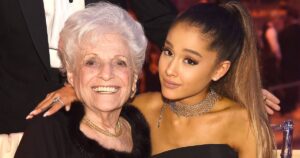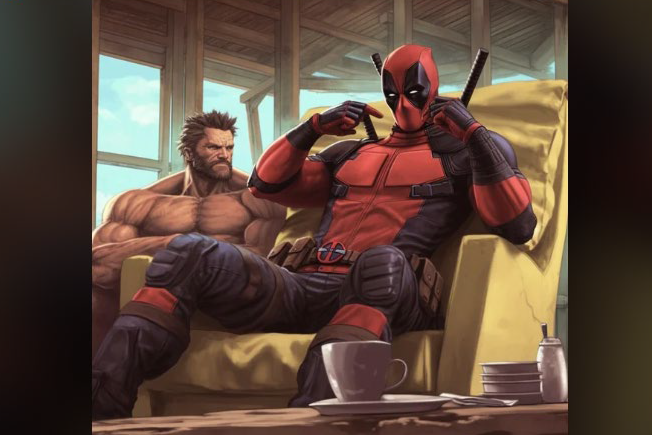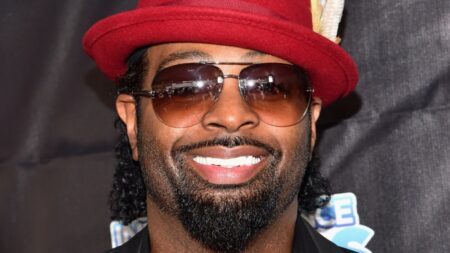What were they waiting for?
Disney’s lawsuit against Midjourney, an AI image generator, on June 11 was hailed by creatives as a welcome development — if long overdue.
The Writers Guild of America, which went on strike partly over AI two years ago, congratulated Disney and Universal, which joined the suit, for coming “off of the sidelines.” Others were similarly effusive.
“Wonderful news,” says Matthew Butterick, an attorney who sued Midjourney on behalf of independent artists in January 2023. “I love to see Hollywood getting engaged in what I think is the most important intellectual property issue of our generation.”
The lawsuit marks the first time major studios have sought to enforce their copyrights against an AI company. But the suit takes on one small company — Midjourney has 11 employees — for relatively egregious violations.
“It just seems like the lowest hanging fruit and the easiest way to make a point,” says one exec at a rival company.
At least for now, it isn’t a full-scale fight against AI.
“In general, studios would like to have their cake and eat it too,” says Ben Brooks, former head of public policy at Stability AI, speaking in his personal capacity. “They’ll zealously protect their IP from even the hint of AI infringement while using that same technology to cut production costs.”
Disney, at the behest of its general counsel Horacio Gutierrez, first made the decision last fall to confront Midjourney as a “shot across the bow” of the AI industry. Midjourney brought in $200 million in revenue last year, making it big enough to pay the studios’ attorney fees if they prevail. A victory would also send a message to Google and OpenAI without having to face those heavyweights in court.
The two studios could have had company. Warner Bros. Discovery was approached about joining the litigation, but decided against suing in early 2025. It’s unclear if other studios and streamers, like Paramount and Netflix, were also asked to be plaintiffs. The Motion Picture Association wasn’t involved in the lawsuit. Some executives say they were surprised by the filing, believing that it signaled a shift in strategy. To this point, Hollywood companies have focused more on influencing legislation around AI deepfakes while letting others take the lead on copyright litigation.
Ultimately, Disney and Universal felt compelled to defend their greatest vulnerability — their iconic characters. The suit argues that Midjourney is duplicating Buzz Lightyear, Yoda, Elsa from “Frozen” and Wall-E. That amounts to “bootlegging,” the suit argues, equating Midjourney to a vendor of knockoff T-shirts.
“Disney can’t just let Midjourney sell pictures of Darth Vader,” says Avery Williams, an IP lawyer at McKool Smith.
In a sense, the suit is not even about AI. It doesn’t argue that training models on copyrighted work is in itself infringement — skirting the central issue.
“The focus on output as opposed to training data does say they’re still carving a path for them to continue using AI in some way or another,” says Roma Murphy, a co-chair of the AI committee at the Animation Guild. “I don’t read this as a 100% rejection of AI from the studios.”
Butterick’s lawsuit and others argue that the models themselves are infringing, regardless of output. That’s a thornier question, going to the heart of whether AI is piracy or legitimate reuse.
“I believe that the AI defendants in those other cases are, generally, in a very strong position to argue fair use,” says Matthew Sag, a law professor who specializes in AI at Emory University. “Midjourney is not, at least not in this case.”
Disney also appears to offer Midjourney an out, suggesting that it should be able to implement filters to prevent infringement.
OpenAI’s ChatGPT, when asked to “create an image of Mickey Mouse surfing,” responds: “This image generation request did not follow our content policy.”
In its defense, Midjourney is likely to argue that it is not liable for misuse of its service.
“It’s easy to look at these outputs that everybody’s very familiar with that users produce and say, ’Well, Midjourney’s responsible,’” says Adam Eisgrau, a senior director at Chamber of Progress. “Under the law, Midjourney’s users likely are responsible.”
It’s also important, Eisgrau says, not to let an invention be shut down in its infancy because some are misusing the tool.
“Midjourney is the mouse,” he says. “Disney is Dumbo the elephant. This is a super-heavyweight company that is using its leverage to maximize its licensing revenue.”
The Animation Guild doesn’t see it that way at all. The union perceives AI as a threat to animators’ jobs. Sam Tung, AI committee co-chair, says it’s heartening to see the studios finally draw the line somewhere.
“It’s going to take a big player like the studios to bring them to heel,” he says. “Better late than never.”
Todd Spangler contributed to this story.
Read the full article here








